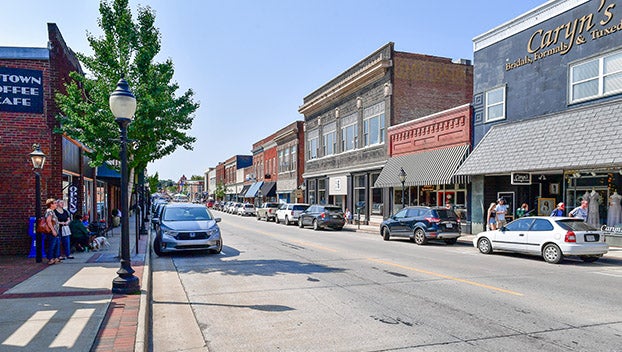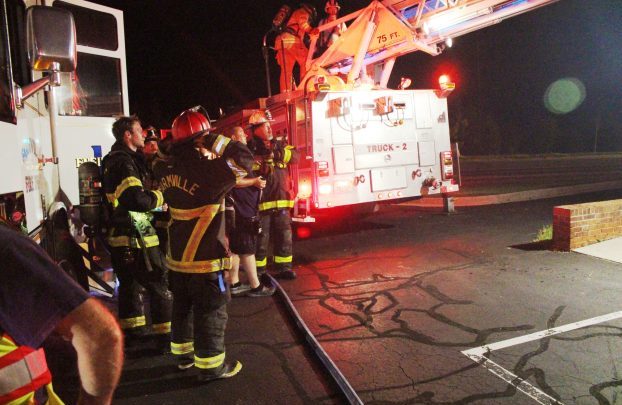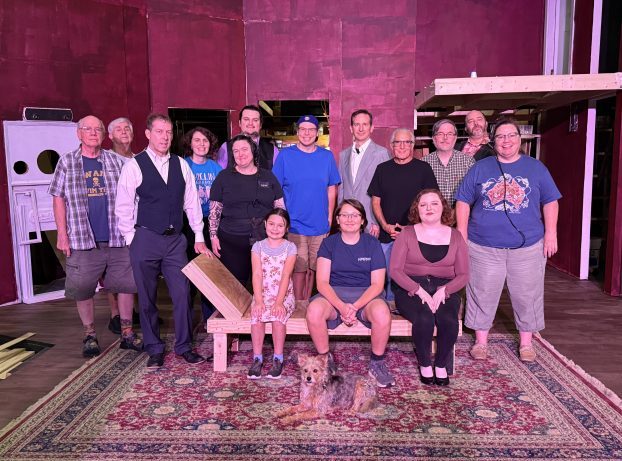Letter to the Editor: How will Farmville be remembered?
Published 2:45 pm Friday, January 31, 2025
|
Getting your Trinity Audio player ready...
|
When I was a kid, wandering the banks of the Bush River, I remember developing an early consciousness of the depth of human history hidden in the most unassuming places. There, in the muddy banks I’d find rusted coins, buttons from uniforms, and the clear ruts of wagon roads whose curved walls were preserved by the gnarled roots of beeches and oaks. The decayed corpses of houses long forgotten, their mossy roofs covered over in a blanket of dandelions in the spring. And every once in a while, plucked with reverence and some small fear, milky-white tools shaped from unwieldy quartz long, long ago. That memory has me thinking about Farmville, in a way.
We live among, above, and within layered worlds whose contexts and histories interact with our own in countless ways. The land holds our history and binds it as surely in death and decay as we cultivate new life. The dead surround us – they teach us. They speak to us through their remains and allow us to come to a more astonishing conclusion: the world they occupied is our own, and death is not an end but a change of form.
I took comfort in this as a child, as I take comfort in it now. But for all the fascination and inspiration I might take in this layered world of contexts, I must recognize that for all the good and ingenious qualities of humanity hidden in plain sight, the dead also warn us of the follies and foibles of our nature. Grapeshot. Buttons from uniforms. Remnants of war and death. The knowledge that these peaceful woods in which I spent my childhood was once a place of fear and uncertainty…and may be once again.
Trending
I visited my childhood home in Farmville weeks ago, pausing on 460 to make the turn onto our wooded road, watching the lazy ripples of a blood red flag against a cloudy sky. I passed countless signs and flags proclaiming violent slogans and passionate entreaties that have since replaced the seasonal livery and quaint decorations of my memory. I return to a neighborhood torn, the friendly faces I once knew drawn and silent over unspoken tensions communicated by differing signs.
One hundred-fifty years from now, will our grandchildren find the discarded remains of these signs and flags? What lessons will the dead speak to them then? And what world will they inherit from us? I know the world I would like them to inherit. I know it is not the world of the flag on the hill or the signs in the yards. We have walked that road before. I have seen it: the rusted remains of death long buried in the mud.
Will we listen, or shall we tell the same tired story once again? How will Farmville be remembered?
Waverly Garner
Newport News







